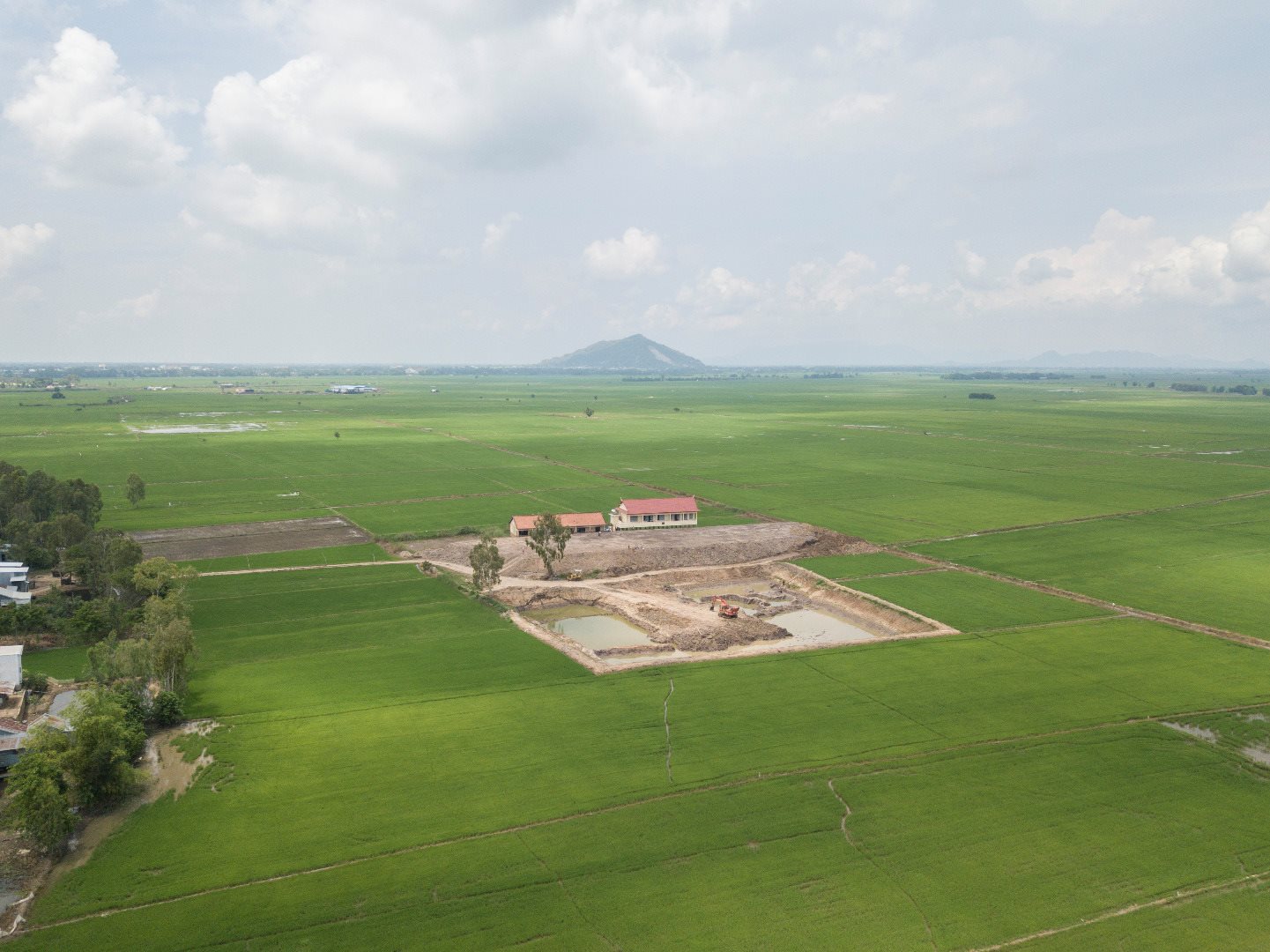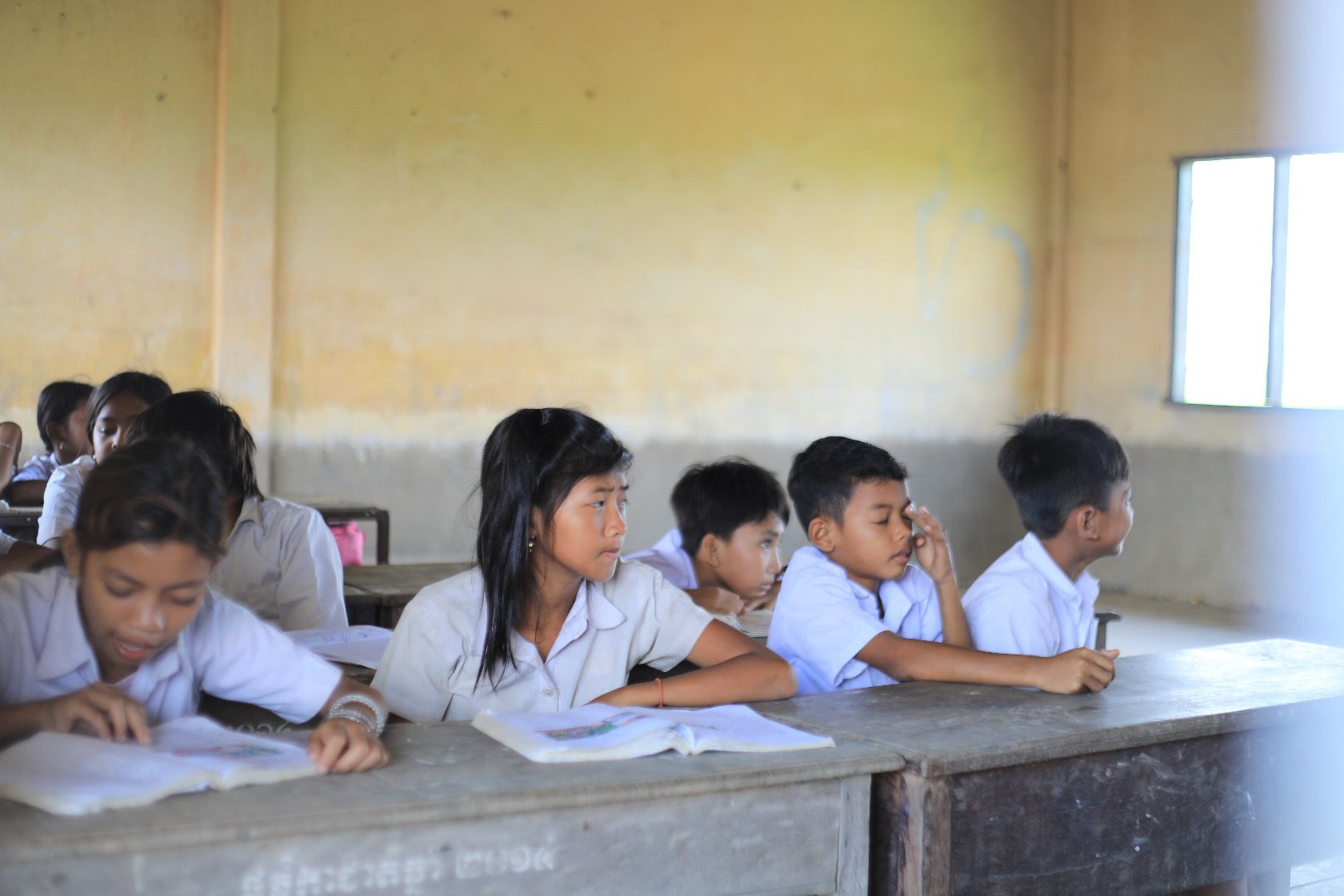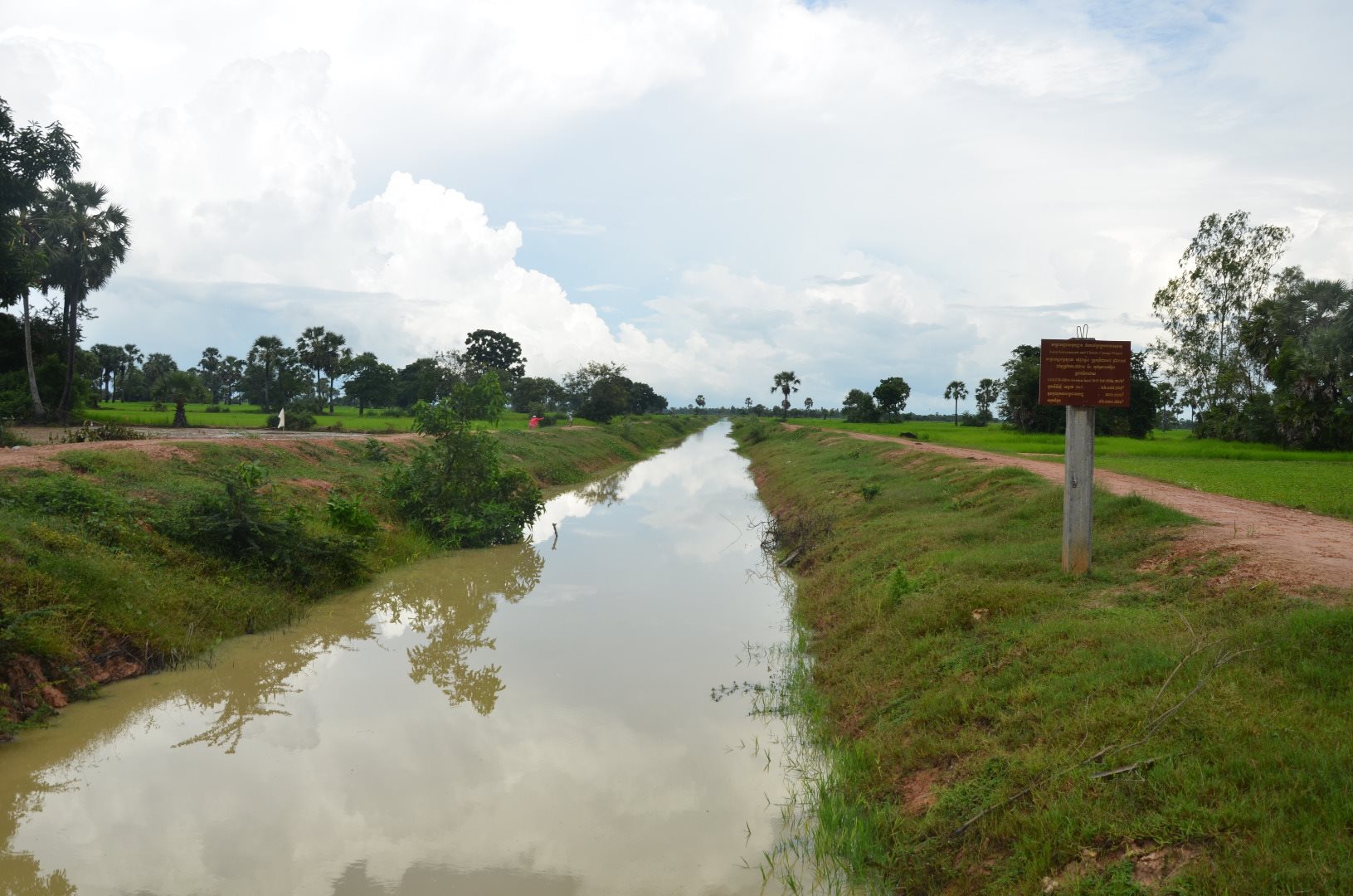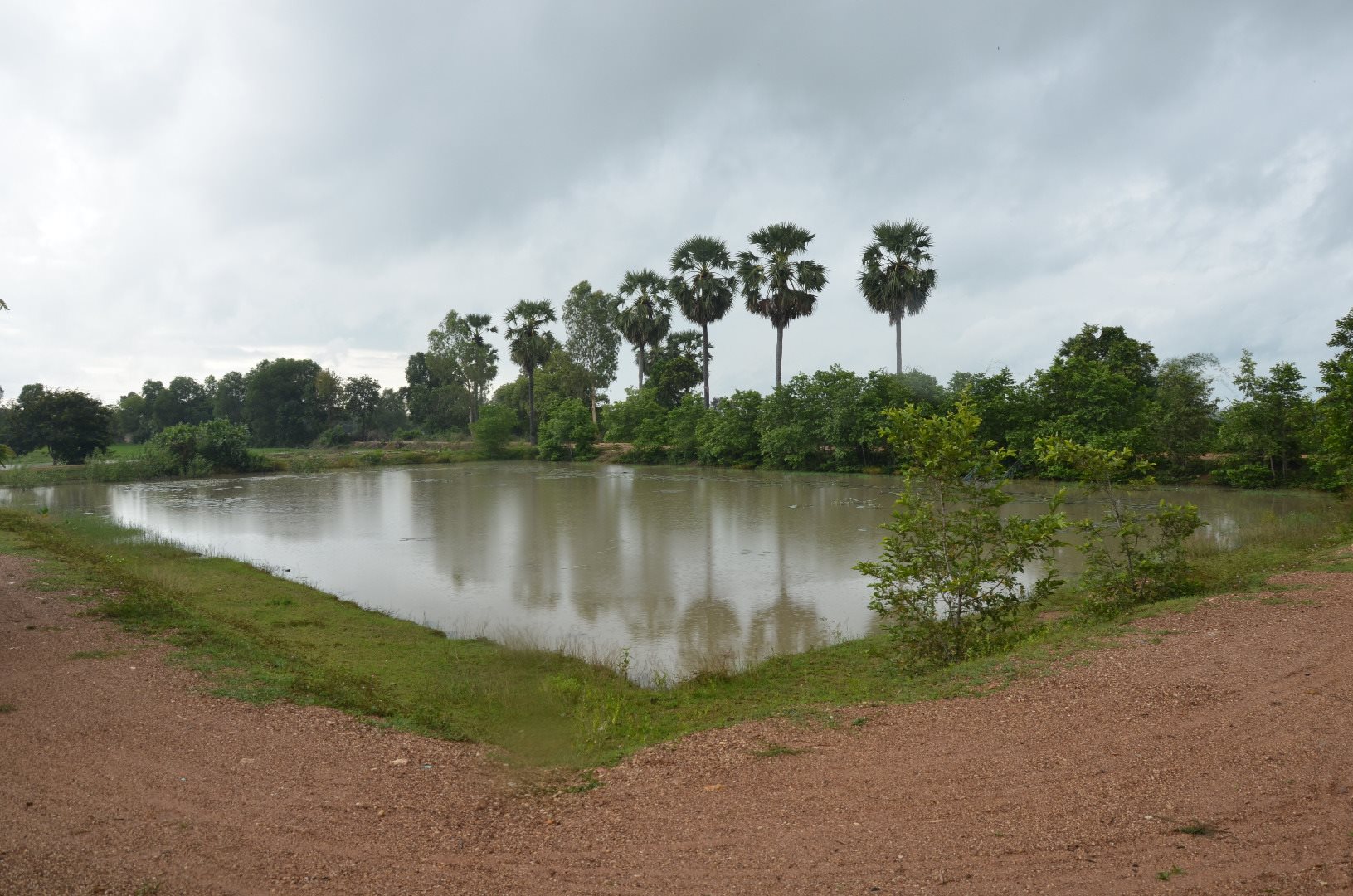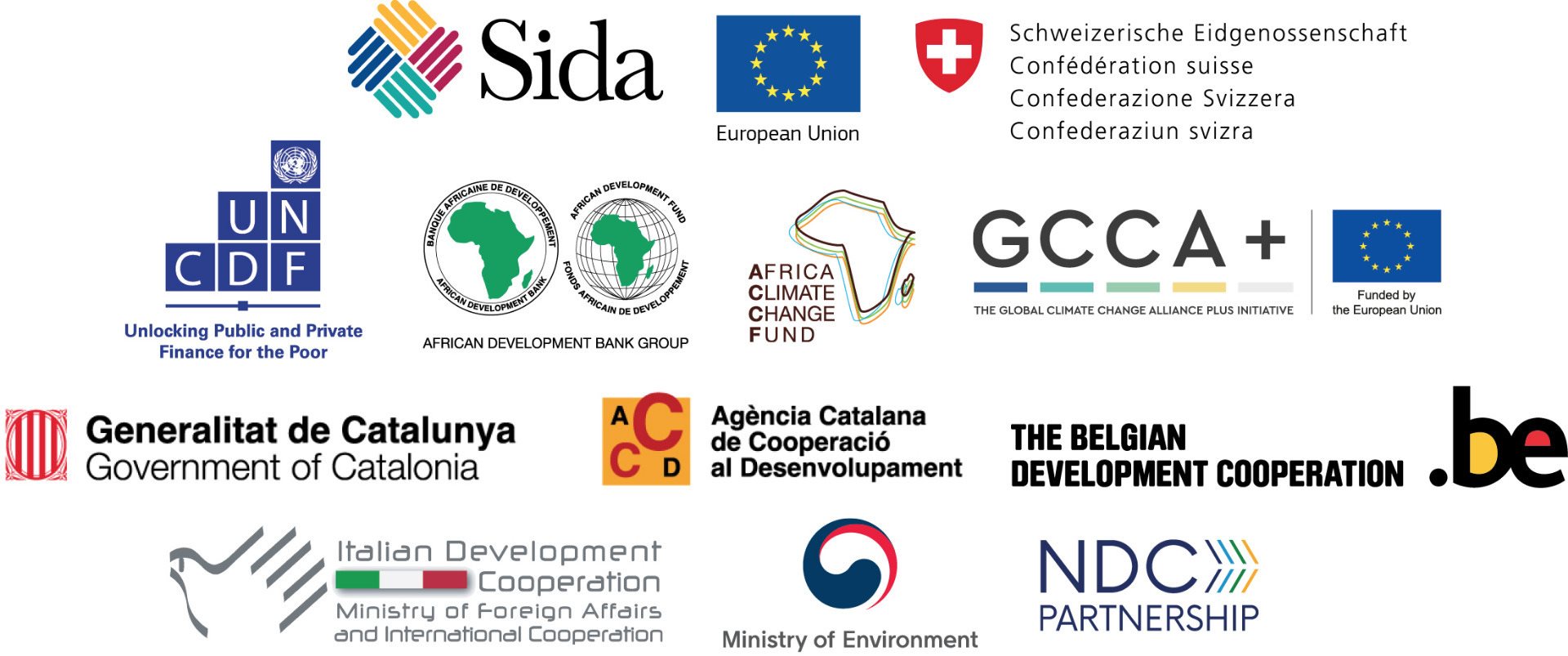National Response
The Government of Cambodia developed a responsive policy framework, with over 21 state agencies under the helm of a National Climate Change Committee, administered by the Climate Change Department of the Ministry of Environment. Within this framework, there is a National Strategic Development Plan that streamlines sectoral climate change strategies to guide the country’s climate change response over the next decade, including at the local level. The increasing relevance of local governments emerged in 2008, when the National Committee for Subnational Democratic Development (NCDD) was established as the inter-ministerial mechanism for promoting democratic development through decentralization and deconcentration reforms throughout Cambodia. The NCDD mainstreams climate change at subnational level, using the LoCAL mechanism.









